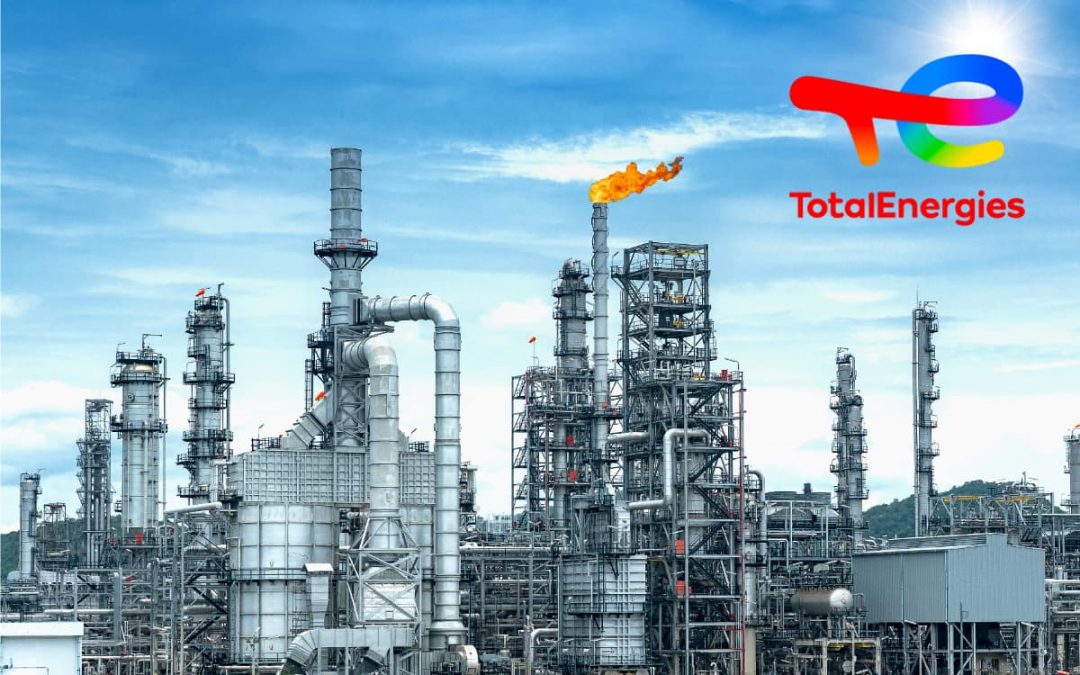On September 3, 2025, Nigeria entered into a landmark agreement with TotalEnergies under the framework of the Petroleum Industry Act (PIA), designed to incentivize gas-only projects. Reuters The deal sets a precedent for the production sharing contracts (PSCs) that will guide future gas developments. It reflects government policy shifting more toward unlocking Nigeria’s gas potential by aligning regulatory incentives, investment allowances, and tax credits. Reuters
For PCL-Power, this represents a significant opportunity. As more gas output comes on stream, demand for infrastructure—gas turbines, gas generators, storage tanks, and reliable gas-powered gensets—will increase. Companies will need partners who can engineer, manufacture, and maintain such systems both safely and efficiently. In addition, gas becomes a more attractive fuel alternative to diesel and petrol, offering lower operating costs and cleaner emissions when paired with PCL-Power’s technologies (gas skids, PRMS, etc.).
However, there are challenges: regulatory transparency, ensuring cost recovery for gas producers, and infrastructure for distribution are still evolving. PCL-Power can position itself as a lead provider of integrated gas solutions—providing not only hardware (gensets, PRMS, cylinders) but also consultancy (design, installation, maintenance) and fuel supply logistics to help clients take advantage of the new gas regime.
This post can close with a CTA: how businesses can prepare now, and how PCL-Power is ready to support them in the transition to gas-powered energy
